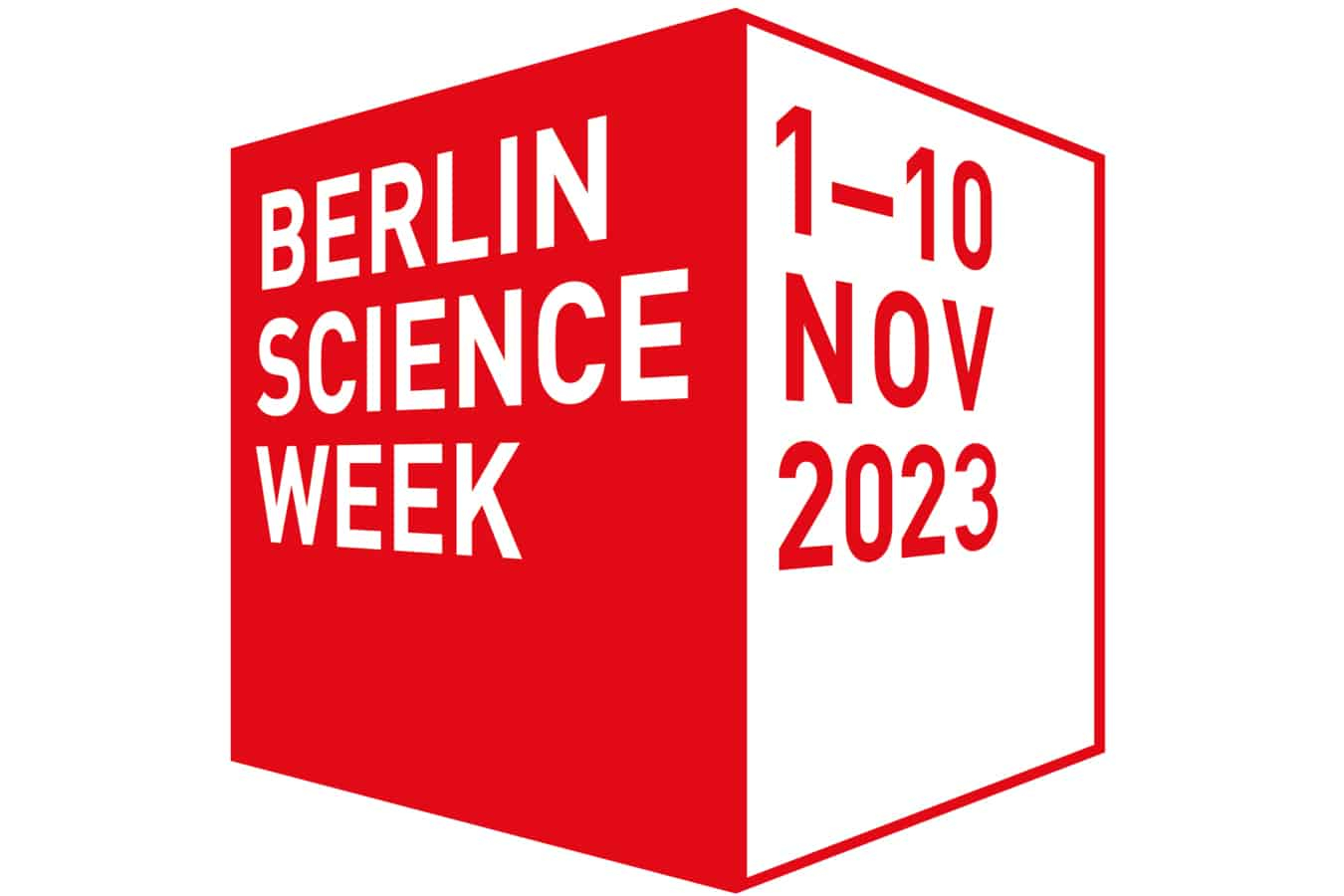09.11.2023: International Conference on Using Epidemiological Studies in Health Risk Assessments: Relevance, Reliability and Causality

International Conference on Using Epidemiological Studies in Health Risk Assessments: Relevance, Reliability and Causality
The International Conference on Using Epidemiological Studies in Health Risk Assessments will take place November 9–10, 2023 in Berlin, Germany.
Programme
-
Details

Observational epidemiological studies can provide valuable evidence for health risk assessments in various areas including food and feed safety, chemical and product safety, occupational health, environmental health and animal health.
However, the use of epidemiological data to assess health risks is often not systematic. The presumed inability of observational studies to demonstrate a causal relationship may even lead to their exclusion from the evidence assessment although they may provide valuable evidence for example in a weight-of-evidence approach.
Risk assessors may encounter challenges when using epidemiological data for their assessments. Some of these are related to the approaches for the critical appraisal of the evidence of individual studies. For example, the critical appraisal should consider uncertainties in the methods used to determine exposures, risk factors and outcomes. Uncertainty about the causal nature of an observed association is a central question in the use of epidemiological evidence in health risk assessment.
At this conference, epidemiologists, health statisticians, risk assessors, other users of epidemiological evidence (e.g. toxicologists and nutritionists) as well as risk managers and stakeholders are invited to share and discuss their experiences to promote the use of epidemiological data for health risk assessments.
Participation to the conference and workshops is free of charge.
Presentations from 9.11.2023Judy LaKind, LaKind Associates, LLC, Catonsville, USA and University of Maryland-School of Medicine, Baltimore, USA
Keynote 1: Epidemiology and risk assessment: reflections on working together to improve public health
Sylvia Notenboom, National Institute for Public Health and the Environment (RIVM), Bilthoven, The Netherlands
Notes on the use of epidemiological and toxicological data for risk assessment
Klaus Abraham, BfR, Berlin, Germany
Diminished semen quality following early exposure to persistent organic pollutants (POPs) as critical effect in health risk assessment?
Joachim Schüz, International Agency for Research on Cancer (IARC/WHO), Lyon, France
Keynote 2: Opportunities and challenges of using epidemiological studies in health risk assessment from an IARC perspective
Erica Kintz, Food Standards Agency, London, UK
Use of epidemiological data in microbiological risk assessments: two case studies from the UK Food Standards Agency
Christine L Parr, Norwegian Scientific Committee for Food and Environment (VKM), Oslo, Norway
Use of epidemiological studies in a benefit and risk assessment of fish intake by the Norwegian Scientific Committee for Food and Environment (VKM)
Perrine Nadaud, French Agency for Food, Environmental and Occupational Health & Safety, Maisons-Alfort, France
Use of epidemiological studies to assess nutritional risk of vegetarian dietsPresentations from 10.11.2023Julian PT Higgins, Bristol Medical School, UK
Keynote 3: Assessing risk of bias in estimates of the effects of exposures: the ROBINS-E tool
Krista Y. Christensen, US Environmental Protection Agency, Washington, DC, USA
Application feature improvements in support of human health assessments: optimisations for epidemiology data extractionUllrika Sahlin, Lund University, Sweden
Probability bounds analysis as a way open up for semi-automatic quantification of bias terms in RoB – adjusted evidence synthesis
Holger Schünemann, McMaster University, Hamilton, Canada and Cochrane Canada
Keynote 4: Assessing the certainty in a body of evidence for studies addressing the effect of an exposure on an outcome
Kyla W Taylor, National Institute of Environmental Health Sciences, Durham, USA
The OHAT approach to assessing risk-of-bias in individual epidemiological studies to support evidence integration and public health decision making
Kristina Plate, BfR, Berlin, Germany
A tool for rapid assessment of risk of bias (raRoB) in observational epidemiologic studies
Barbara Hoffmann, Heinrich-Heine-University of Düsseldorf, Germany
Keynote 5: Cause or correlation? – the case of air pollution
Krista Y Christensen, Center for Public Health and Environmental Assessment, Washington, DC, USA
Surveying the epidemiology evidence: examples of triangulation from the IRIS program
Isabelle Baldi, University of Bordeaux, France and Pierre Lebailly, Centre François Baclesse, Caen, France and University of Caen Normandy, France
Epidemiological results on pesticides and cancer, just a matter of p values and confounding?
Sander Greenland, University of California, Los Angeles, USA
Keynote 6: Proper construction and interpretation of statistics for causality assessment and policy input
Publications:
Statistical Tests, P-values, Confidence Intervals, and Power: A Guide to Misinterpretations
Invited Commentary: The Need for Cognitive Science in Methodology
Semantic and cognitive tools to aid statistical science: replace confidence and significance by compatibility and surpriseCommentary: Surprise!
To curb research misreporting, replace significance and confidence by compatibility
Discuss practical importance of results based on interval estimates and p-value functions, not only on point estimates and null p-values
Barbara Doerr, Food Standards Agency, London, UK
The UK Committees on Toxicity (COT) and on Carcinogenicity (COC) of chemicals in foods, consumer products and the environment: guidance for synthesising and integration of epidemiological and toxicological evidence
The International Conference on Using Epidemiological Studies in Health Risk Assessments is part of the Berlin Science Week 2023.

Contact:
BfR Academy
phone: +49 30 18412-22405
email: akademie@bfr.bund.deProfessional contact:
epi-risk-conf@bfr.bund.deVenue:
German Federal Institute for Risk Assessment
Lecture Hall
Diedersdorfer Weg 1
12277 Berlin (Marienfelde) -

